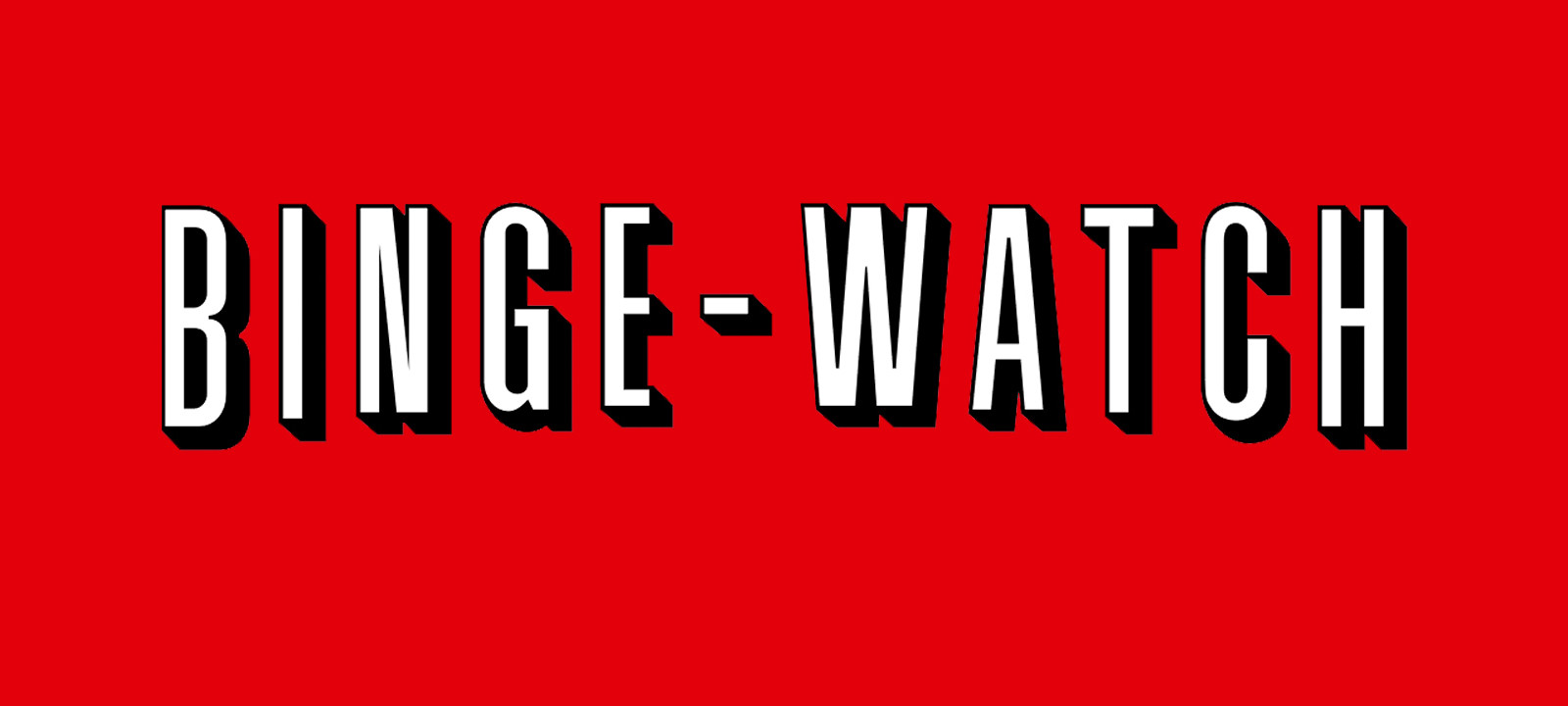The Punisher, Mindhunter, Lost in Space, Jessica Jones, Bloodline, Gypsy, Seven Seconds, Luke Cage.
What do all these shows have in common?
Yes, they all stream on Netflix. But there’s more…
They all have been considered – or, at least parts of their seasons have been considered – examples of “slow-burning TV.” Meaning: slow pacing; scenes whose point appears simply to be to accompany the character rather than see anything new happen to him or her; dedicating an inordinate amount of time to exploring the premises of something that will be delivered later in the season; entering the story at a low rhythm, taking all the time that you, as an author, think is necessary to establish the arena; and episodes that don’t respect the format and are of varying lengths, often overrunning the traditional 60 minutes.
The question is: Is this a sign of narrative improvement? Is this an advance engineered by Netflix and connected to binge-watching? Thirteen-episode series like long movies into which you can immerse yourself without worrying about time passing and being interrupted by commercials? Shouldn’t the pleasure of binge-watching be fed, on the contrary, with more frequent cliffhangers and more powerful hooks?
I’m uncertain. Having seen the first two episodes of Mindhunter (yes, it improves later on) and Lost in Space, I had this feeling…like a vague, instinctive suspicion: Wasn’t what I had just seen a bit too slow? Couldn’t the same story have been told in less time, or with a little more tension, or, at least, with a steadier hold on the tension?
I mean, if slow pacing is used like Steven Zaillian uses it in The Night Of (which is an HBO production; see my previous post here), then that’s okay. It’s less okay when it weakens the narrative grip…
Now, I’ve just read in this Indiewire article a bunch of interviews with TV critics who often underline this recurring negative in Netflix series. Here are some quotations:
“The worst thing about Netflix is the way that nearly all of their dramas are just much too long without interesting episodes, stringing the same handful of story arcs across seasons that are never built to sustain them for that long. And their insistence on the “our season is really a 13-hour movie” model is starting to infect the rest of TV” – Alan Sepinwall, Rolling Stone
“Because so many of its series drop a season’s worth of episodes at once, some storytellers have gotten too used to an audience who vacuums up multiple episodes in a single sitting. Too many of its TV shows stretch thin ideas over multiple episodes; narratives take too long to gain momentum. They take for granted that viewers will spend long episodes wading through storytelling that is just setting up scenes and positioning characters for more substantive plots to come later. And those weaknesses are now showing up in series made by other outlets, as well. I’ve taken to calling it the ‘Netflix-ization’ of TV, and it’s a major reason why so many new series are merely good instead of outstanding” – Erin Deggan, NPR
“The increasingly overstuffed production model Netflix has been leaning into is a negative for everyone — it too often values quantity over quality in terms of overlong episodes, episode counts, and the number of series produced” – Allison Keene, Collider
“I’d feel a lot better about it if Netflix’s production track record were even slightly more consistent, and if its shows didn’t so often feel like they were all saggy midsection, with occasionally exciting beginnings and endings” – Todd VanDerWerff, Vox
Having read this, I Googled around. To find that, yes, the risk is real. For example, read here – if you have time – a few negative reviews, like-minded about weak-points that seem quite common in a number of series:
All that Netflix is not gold?


Be First to Comment